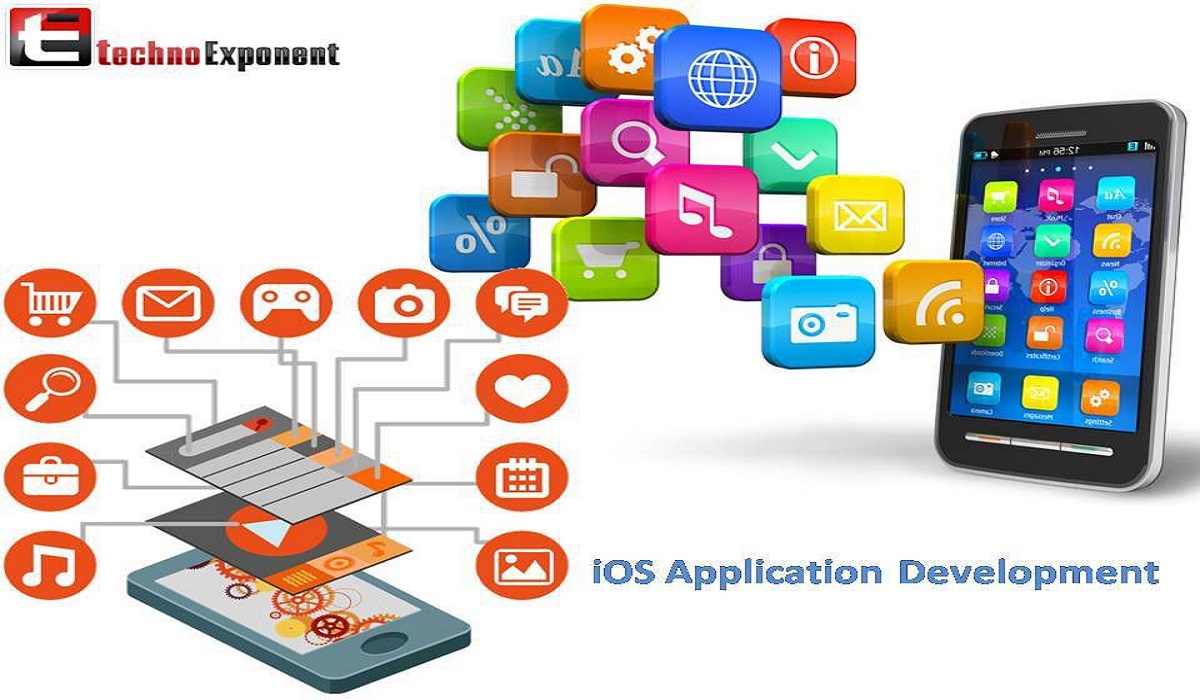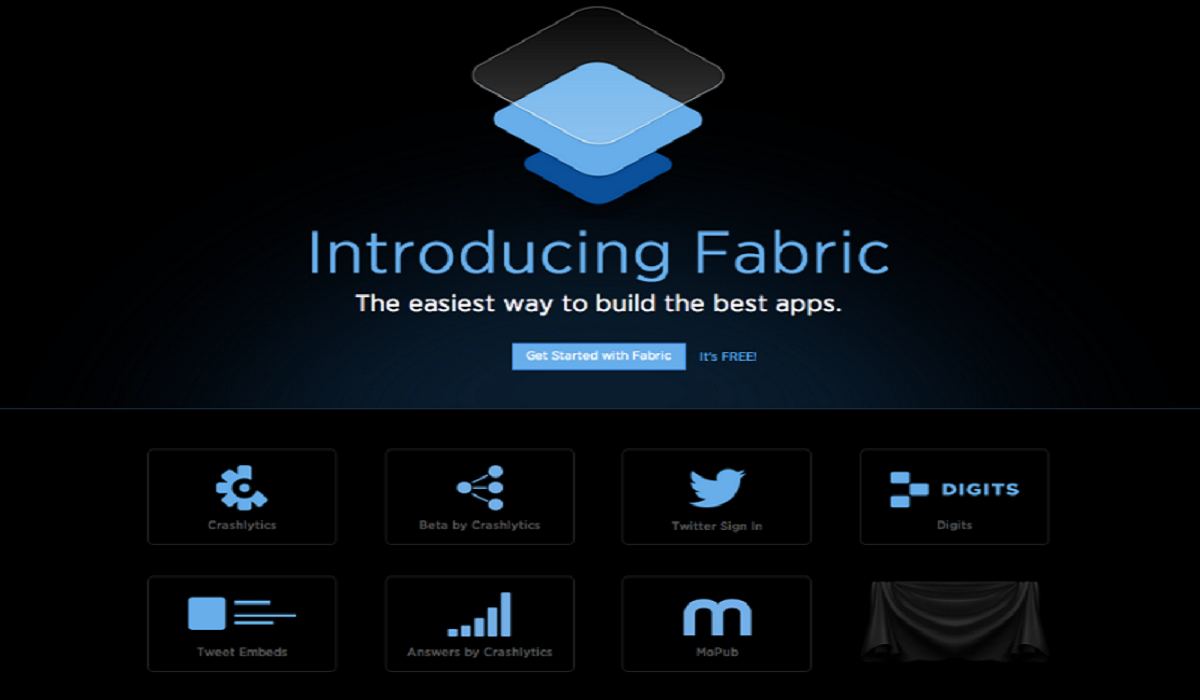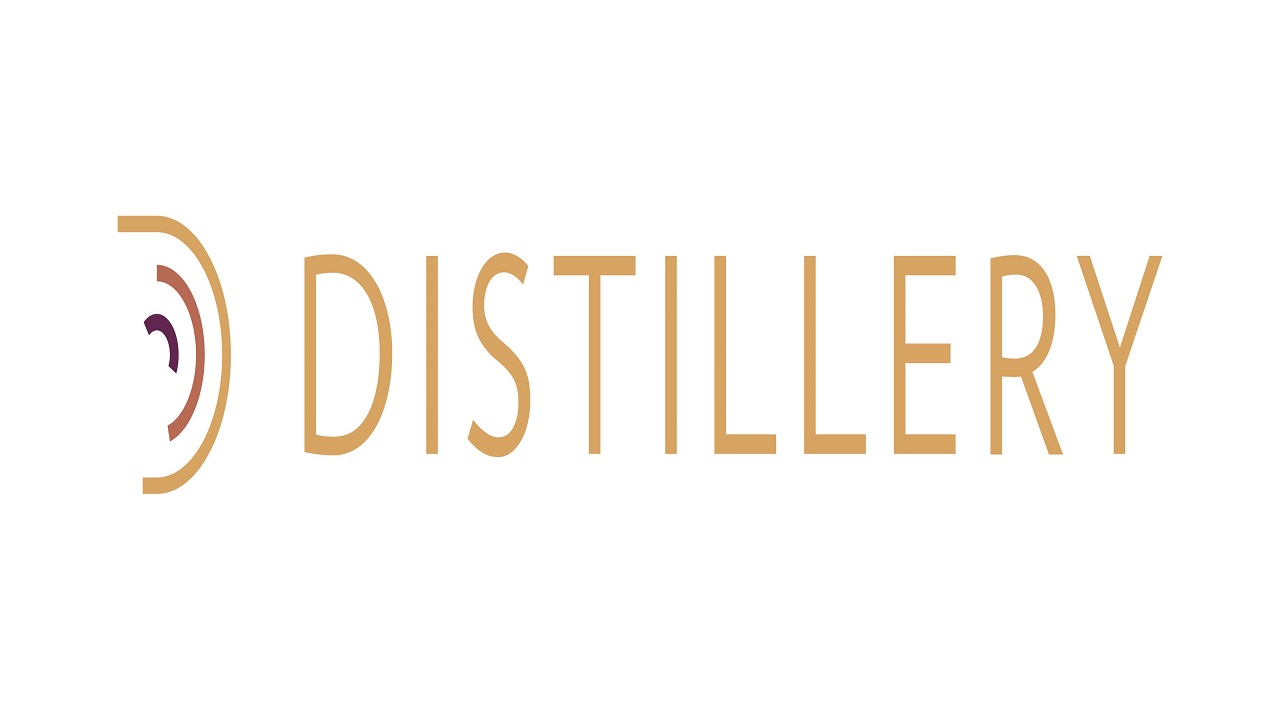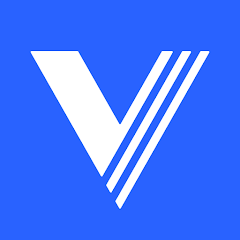SiteGPT is a Generative Pre-trained Transformer founded by Bhanu Teja that enables users to quickly respond to visitors’ queries with a chatbot tailored to your website’s content. Creating a chatbot trained on your material only takes a few clicks.
Without writing a line of Code, create your own AI chatbot and watch it gather real-time knowledge from the material on your website.
Features
- Create Your Own AI-based Chatbot.
- Answer Questions with the Chatbot Instantly.
- Fetch All Pages on Your Website and Show.
- Automated Tools for Generating Content.
- Easy to Use
- Quick Prompts
- Create Chatbot
- Fetch Pages
- Start Training
Similar to SiteGPT
There are up to 15 SiteGPT Alternatives. It has features like AI Prompt, Artificial intelligence. and Machine Learning. The best alternative to SiteGPT is VMOS, which is Paid. The other best apps like SiteGPT are Fuseopen, Bitbucket, and Fabric.
Pricing
SiteGPT Information
15 Best SiteGPT Alternatives
1: Caspio
Caspio can use to fabricate online information base applications without coding. This product brings security, unwavering quality, and adaptability to an association. It allows for producing accessible data sets, area-based applications, KPI dashboards, multi-client gateways, and custom business programs without composing any code. This platform is a sound stage for organizations, government offices, non-benefit establishments, and colleges, and that's just the beginning. Caspio highlights click instruments empower clients to create apps multiple times quicker than conventional means. It is ideally…
2: Sencha
Sencha is a versatile software that allows developers to create and deploy web and mobile applications with ease. Although its installation process can be lengthy due to its complexity, Sencha provides a robust interface with tools that support project management and app development.
Advertisement
3: Armory
Armory is a 3D game engine that integrates seamlessly with Blender, creating a unified workflow for game development. This integration eliminates the need for developers to switch between applications, enabling a faster and more streamlined development process from start to finish.
4: Corona SDK
Solar2D, previously known as Corona SDK, is a software solution designed for developers building mobile applications of various types and sizes. With its extensive library, users can easily create apps, including tools for math operations and network sharing across devices.
Advertisement
5: Adobe AIR
Adobe AIR is a powerful runtime environment that allows developers to package Rich Internet Applications (RIAs) for deployment across multiple platforms, including Windows, macOS, iOS, and Android. It operates independently of web browsers, providing enhanced access to local storage while avoiding some of the limitations imposed by browser-based environments.
6: Xamarin
Xamarin is a platform that enables developers to build applications using C# for multiple mobile operating systems, including Android, iOS, and Windows. Xamarin allows users to share a significant portion of their code across different platforms, reducing the need to rewrite applications from scratch for each system.
Advertisement
7: Exponent
Exponent is a development platform designed to boost React Native developers' capabilities by allowing them to create and test iOS applications without needing Xcode or a Mac. Through the use of Appetize.io simulators, developers can test their apps in a browser, making the development process more accessible and efficient.
8: AppsGeyser
AppsGeyser is an app-building platform that requires no coding skills. It provides various tools and templates for developing, monetizing, and distributing applications. The platform offers straightforward tutorials, guiding users through the development and promotion of their apps in just a few steps.
9: Fabric
Fabric is a modular development platform that simplifies the creation of advanced applications. The platform addresses challenges such as distribution, stability, revenue, and user identity. By integrating services like MoPub and Crashlytics, Fabric helps developers create secure and reliable apps more efficiently.
10: Qt
Qt is a robust framework that provides developers with tools to create cross-platform applications and graphical user interfaces (GUIs). Its integrated development environment (IDE) supports on-device debugging, remote compilers, and device toolchains, offering a comprehensive suite for building and deploying applications.
11: Fuseopen
Fuseopen is a cross-platform development tool similar to NativeScript and React Native. It differentiates itself with a real-time collaboration feature for designers and developers. Using UX Markup, a language based on XML, developers can create interactive UI components with customizable behaviors.
12: Appy Pie
Appy Pie is an app-building platform that enables users to create Android and iOS applications without any coding knowledge. It also allows for the publication of apps on iTunes and Google Play. In its beta phase, Appy Pie facilitated the development of hundreds of mobile applications within a single month.
13: Distillery
Distillery is a comprehensive outsourcing solution for mid-sized businesses and enterprises. Its expert team specializes in the design, development, and delivery of cutting-edge technology solutions. Distillery helps companies innovate by creating custom software that transforms business operations.
14: Bitbucket
BitBucket is a cloud-based service that helps developers manage, store, and track changes to their code. It offers Git repository hosting with a user-friendly interface, making it accessible even for beginners who may not be familiar with Git's command-line tools.
15: VMOS
VMOS is a virtual machine-based application that can run on any operating system, such as Linux or Android. It creates a virtual Android environment independent of the host system's network, enabling users to develop and test applications with full access to Google Play services.















